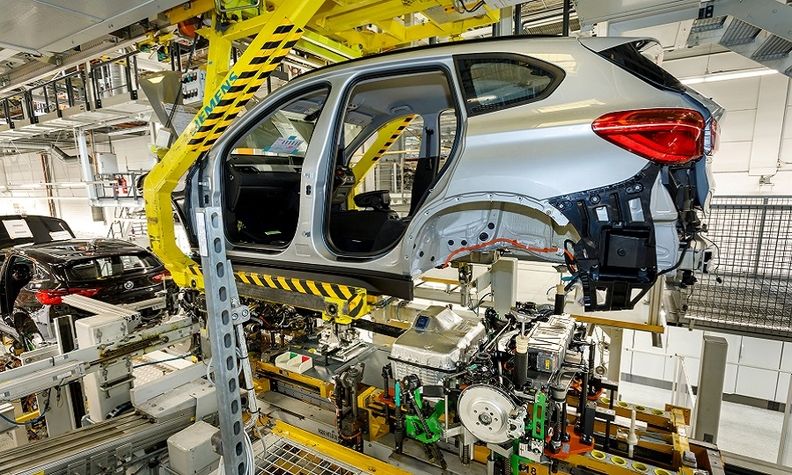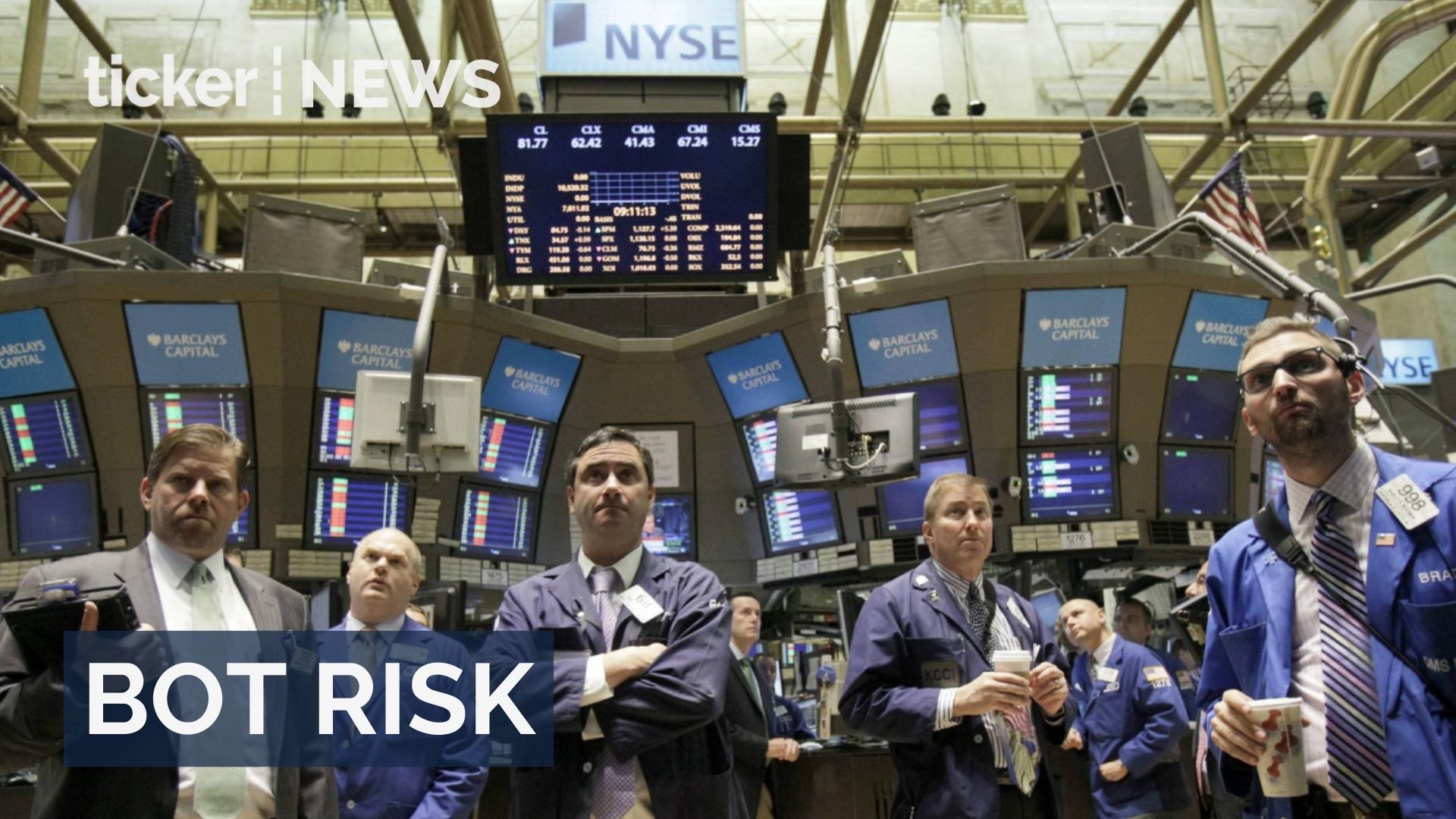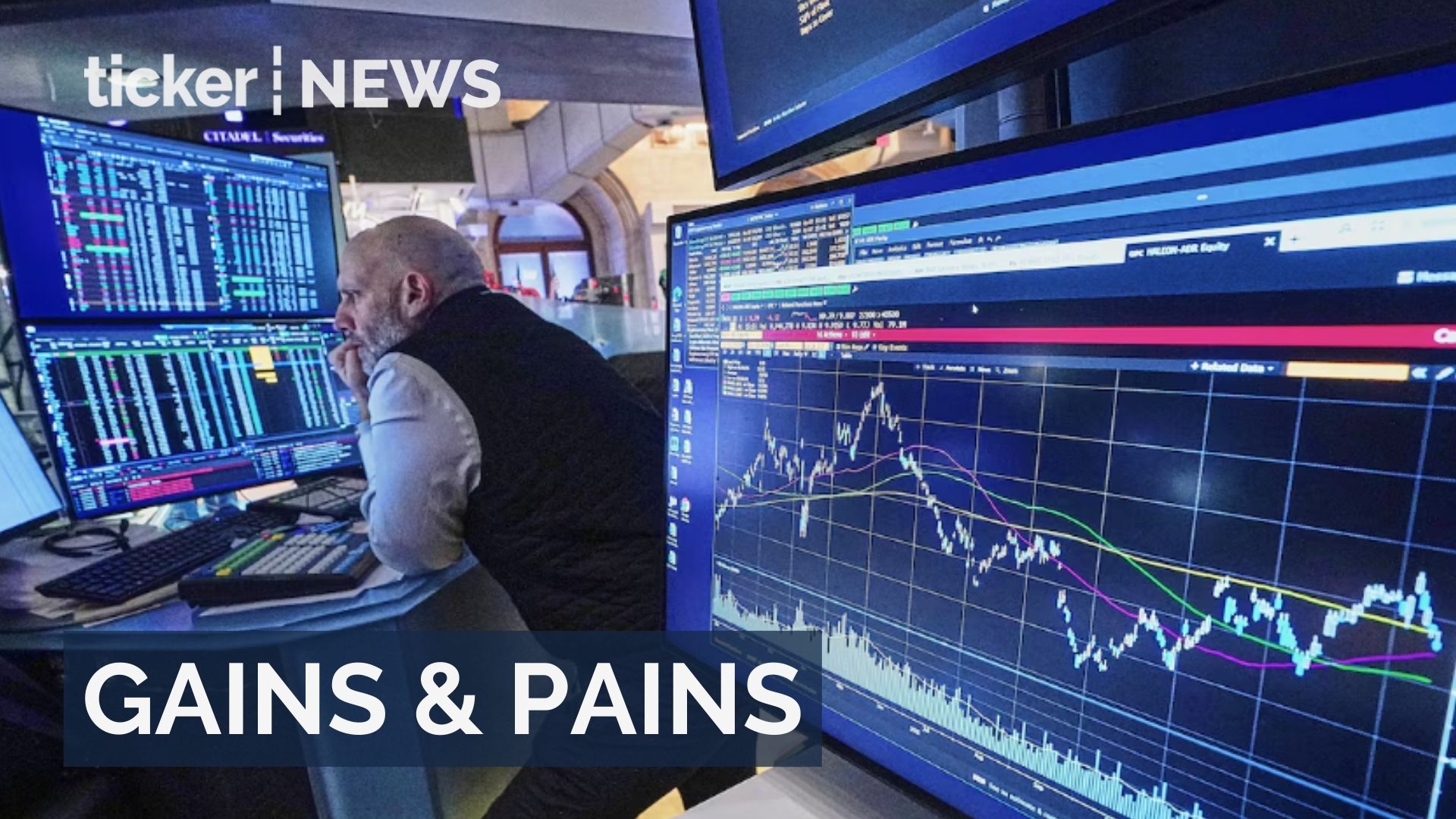Money
General Motors shuts down North American factories temporarily

Money
S&P 500 dips as tech stocks struggle with AMD leading losses
S&P 500 declines as tech stocks sell off; AMD plummets, Microsoft stable, investors eye Alphabet’s upcoming earnings report.
Money
AI rattles finance stocks as markets react to disruption fears
AI sparks uncertainty in financial markets, causing sell-offs; leaders see potential, but investor nerves grow amid volatility.
Money
AI funding surge: How Nvidia and Oracle are reshaping capital markets
AI infrastructure revolutionizes capital raising, with Nvidia, OpenAI, and Oracle leading; explore funding shifts and future impacts.
-



 Ticker Views1 day ago
Ticker Views1 day agoElon Musk merges SpaceX and xAI to create solar-powered AI data centres
-



 Tech4 days ago
Tech4 days agoNvidia and Amazon explore massive OpenAI funding round
-

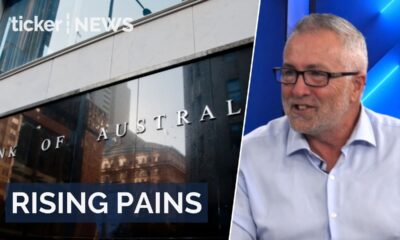

 Money2 days ago
Money2 days agoAustralia’s inflation hits 3.8%: Budget decisions under pressure
-



 Money2 days ago
Money2 days agoWall Street gains momentum amid tech and earnings surge
-

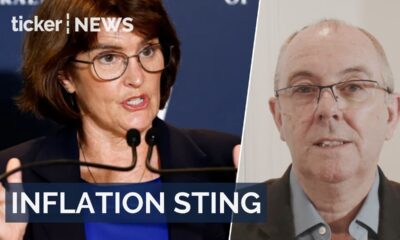

 Ticker Views1 day ago
Ticker Views1 day agoRBA interest rate increase explained – impact on Australians
-



 Shows3 days ago
Shows3 days agoHow AI is transforming real estate investment strategies
-



 Ticker Views2 days ago
Ticker Views2 days agoUS-Russia nuclear arms control treaty comes to an end
-



 Ticker Views5 days ago
Ticker Views5 days ago3 things to know about Kevin Warsh, Trump’s nod for Fed chair



